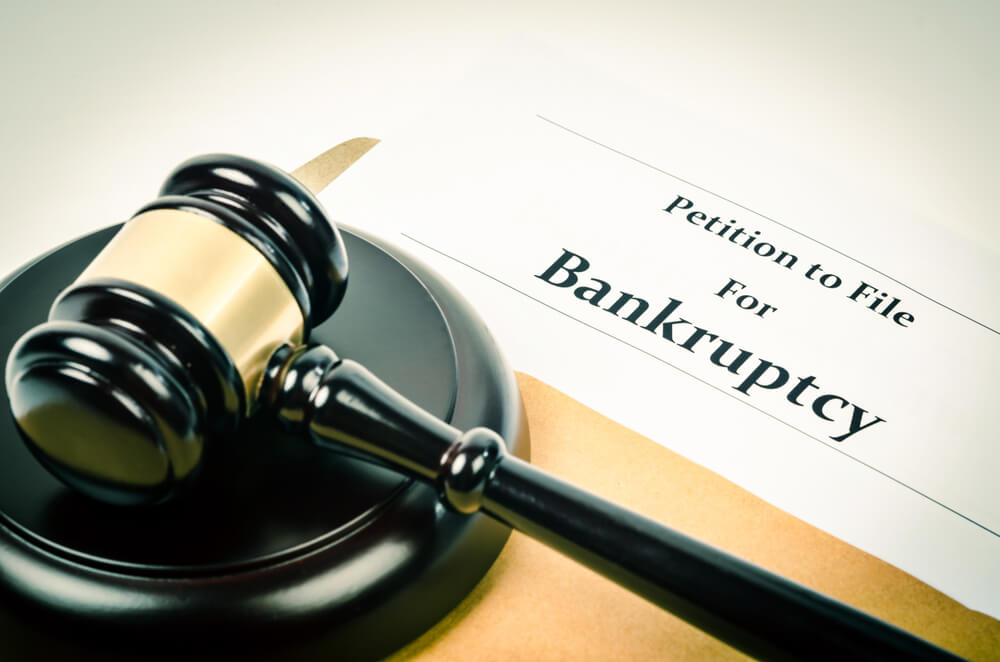
When a business goes under, it is not surprising to wonder whether any unpaid invoices can still be recovered or not. After all, the main reason why a company files for bankruptcy is because it is more of a liability to continue running it.
How Bankruptcy Can Affect Your Chances of Recovering Debt
You have uncollected debt, and you find out that the client is bankrupt. Is it still possible to recover debt at this point?
First of all, before getting into a more detailed look into this situation, it is imperative that you become proactive in trying to recover debt in the first place. Here’s why.
The longer you wait for an invoice to go unpaid, the harder it will be for you or even a debt collection agency to try to recover a debt. An industry report has claimed that your chances of recovering debt decreases by more than 1% for every week that passes.
Be more strict with your internal collection processes. Take a look into any existing contracts with clients and see if you have outlined clearly your Terms and Conditions for payments. It should be clear to both you and your client that any payments that have passed their due dates will be subject to action from your company and eventually, from a debt collection agency.
Different Types of Bankruptcy
There are many ways a company can deal with financial woes and difficulties. Learn more about this so you know how to go about recovering debt.
External Administration
When a business opts for external administration, creditors are most likely involved.
Creditors can be anyone or any business that the company owes money to, who has provided goods and services, and gave loans to the company. Employees of the company are also considered creditors when their wages are unpaid, among other things.
Generally, there are two types of creditors:
Secured creditor: Someone who can claim some sort of asset from the company (for example, in a mortgage it would the house)
Unsecured creditor: Someone who cannot claim any sort of asset. Usually, a business that provides goods and services falls under this category.
Secured creditors are usually paid first before unsecured creditors, as stated by the law. This only happens when the company has the money to repay its creditors.

Administration
A company may be placed into administration, either by its board of directors or by its creditors.
An independent, duly qualified individual is put in charge of the company to resolve any problems and help save the business. It is the administrator’s responsibility to reports to creditors about the company’s business, property, affairs and financial circumstances. It is also the administrator’s duty to report to Australian Securities and Investments Commissions or ASIC for any malpractice or offences committed by the people in the company.
Receivership
When a company goes into receivership, a receiver is appointed by a secured creditor or in some cases, the court. The receiver has control over some or all of the company’s assets.
It is the receiver’s responsibility to collect and sell assets to be able to pay any outstanding debt to secured creditors and report to the ASIC any offences committed. The receiver is to pay out any debt in order of priority as stated by the law.
Liquidation
A company is in liquidation when a liquidator is appointed by a secured creditor or by the court.
A liquidator’s main responsibility is to secure any asset and make sure to sell them to be able to back creditors.
You can learn more about it here.
What a Debt Collection Agency Can Do
A debt collection agency can help recover any outstanding debt from a company that has filed for bankruptcy. It is important to give as much information as you can about the company in question to help hasten the recovery process.
An agency may look deeper into the company in question and see if it is involved with any court cases, among other things. Such factors will be taken into consideration, and you will be advised promptly by the agency if it is worthwhile to try to collect a debt.
A debt collection agency operates on a case by case basis and as such, will be dependent on how early you seek their assistance and how much information you can hand over to them.
JMA Credit Control has an awesome legal team that helps us pursue debts on behalf of our clients. We offer a “no collection, no fee” policy as well. Our 50 years in the industry is a testament of trusted partnership and quality service to all of our clients. Contact us for more information.





















